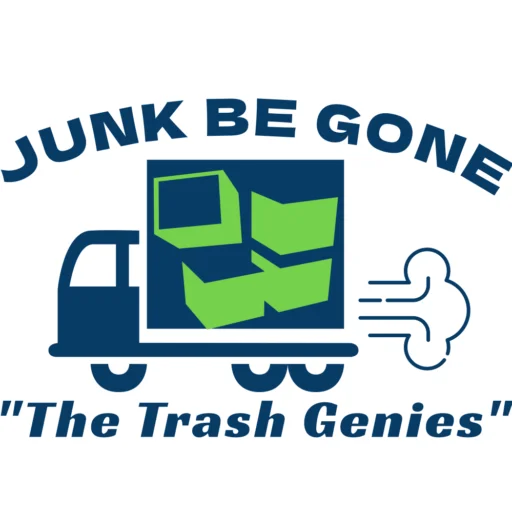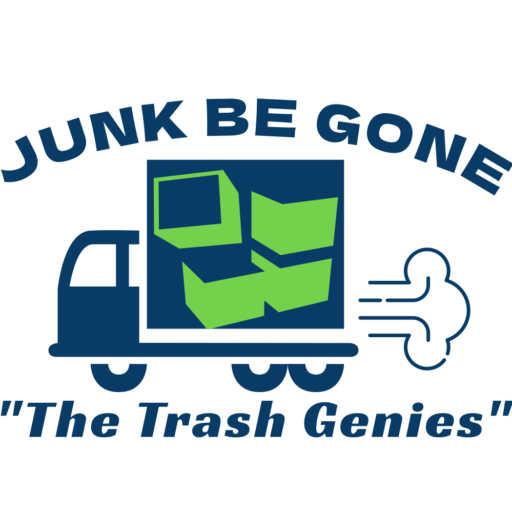It is something we don’t want to think about, but unfortunately it happens as we all go through life. An aunt, uncle, or parent passes away and now your family has to decide what to do with what your loved one has left behind. There is no easy way to move forward, and any step along the way could trigger a vast array of emotions. The hardest part of the process could simply be getting started. So before you take that difficult step, here are a few thoughts from our team at Smith Brother’s Junk Removal
Take your time
As you get older, life brings more responsibilities that are constantly drawing from your emotional capacity. Your family, your job, your extended family and friends, even your own holistic health are depending on the withdrawals being made from your emotional well. With that in mind, assess the priorities you currently have and take your time in attending to this emotionally demanding situation. Who do you need to be spending time with as they console the death of this loved one? Who needs your strength to lean on when accepting this hard reality? How can you utilize your time wisely to carve the emotional space you need to get started? Perhaps you have to have a difficult conversation with your boss at work. Or maybe you need to finish a project your team is counting on you to deliver on. Overall, take the time needed for you to plan and prepare yourself to make it through and move forward with life. Everyone’s situation is a bit different. In fact, there could be an instance where the time you need is not permissible. Understand what needs to be done, and when you are ready or time expires, take action.
Make a Plan
One of your first steps is gathering together family members to discuss what needs to be done in light of what has happened. The tasks that need to be completed are not meant to fall on one person. Once everyone is together, go over the junk removal and hauling tasks that precede the death of the loved one and begin delegating responsibilities. Here are a few worth discussing:
-
Pronounce death legally as well as to family members and loved ones
-
Find out about any burial and funeral arrangements
-
Secure possession, pets, and assets of the deceased loved one
-
Find the loved one’s will & its executor
-
Engage Attorney’s and CPA’s (if necessary)
-
Take the will to Probate
-
Notify financial institutions and cancel accounts
When a loved one deceases, there is different transactional paperwork and documentation involved. It would be wise to select an organizer for all this information. This will make it easy to retrieve the needed paperwork when approaching the next task. Maybe one person will be involved with planning the funeral, or another for corresponding the details involved in the burial. Another important job is going to the loved one’s home and disposing what remains in the refrigerator, or feeding the pets and watering the plants. One of the most important steps is finding the will and identifying who the executor is. The executor is the person the author of the will has put in charge of carrying out what is written in the will. Probate is the city or county court office that legally executes the will. In summary, identify all responsibilities and tasks that need to be done, and make sure it has been properly communicated to everyone who is participating in the actions needed to move forward from the loved one’s death.
Managing Assets and Sentimental Memorabilia
At this point, those closest to the deceased loved one should understand all tasks that need to be completed, both legally and personally. As mentioned in step 2, a will contains an announced executor who is responsible for taking the will to the probate office, and eventually distributes the estate to its beneficiaries, while also paying the estates taxes and debts. Once this has been completed, the tasks communicated in the plan will be executed. Chances are, the loved one’s family members will come across some items and assets that are accounted for in the will, and other items outside the will that still hold sentimental value. The best way to handle these items are to find somewhere in the house where all of these items can go. Once they are all collected, the person taking the lead on rummaging the house can contact those who these items may hold some value with and decide what they want to do with them. Once this decision is made, everyone connected to these sentimental items can move forward without any regrets.
Ask for help
Your strength is not defined by how efficiently you are able to get through this on your own. The world is full of people who want to help and support others who are suffering. Many times, people suffer in silence. One of the strongest acts you can take is asking someone to watch your kids, make you a meal, or pick something up for you while going through this process. You will be surprised who steps up in your time of need.
Once you’ve taken the time to grieve, communicated your plan to move forward with your loved ones, and have managed the tasks involved, Junk Be Gone is here for any further clean up or junk removal and hauling project needed in a timely, and efficient manner. You can depend on us to take care of your junk removal needs for your loved one’s estate, and properly dispose of what is no longer needed.


